It may surprise some that Elon Musk was one of the founding executives of OpenAI. However, the billionaire and OpenAI are at loggerheads.
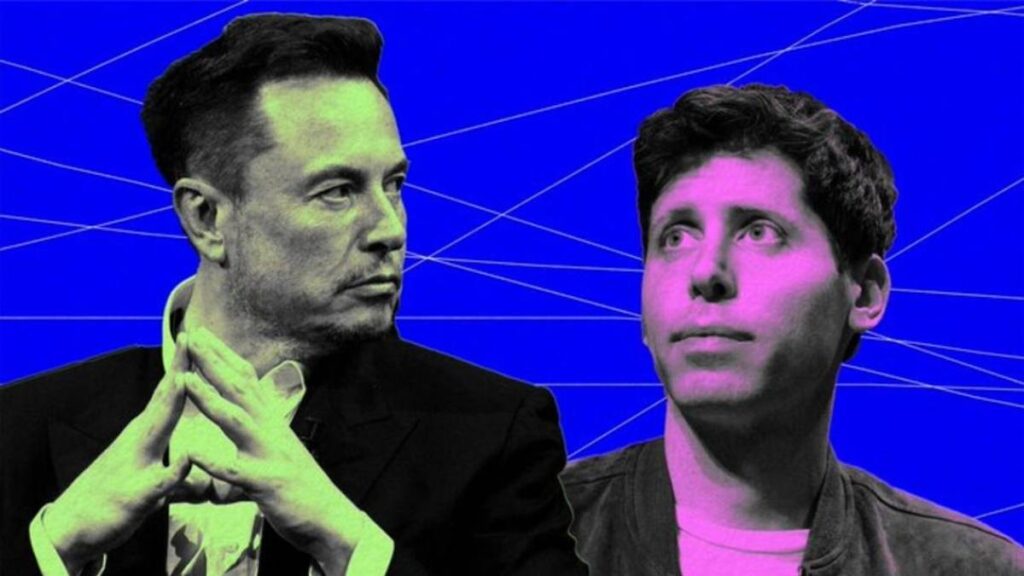
Last week, OpenAI made an official statement about Musk’s lawsuit and chastised the billionaire for brewing conflict where none exists.
The Rolling of the Battle Drums
Despite being one of the backers of OpenAI at its budding stage, Elon Musk did not wince before filing a lawsuit against the company for some ideological infractions.
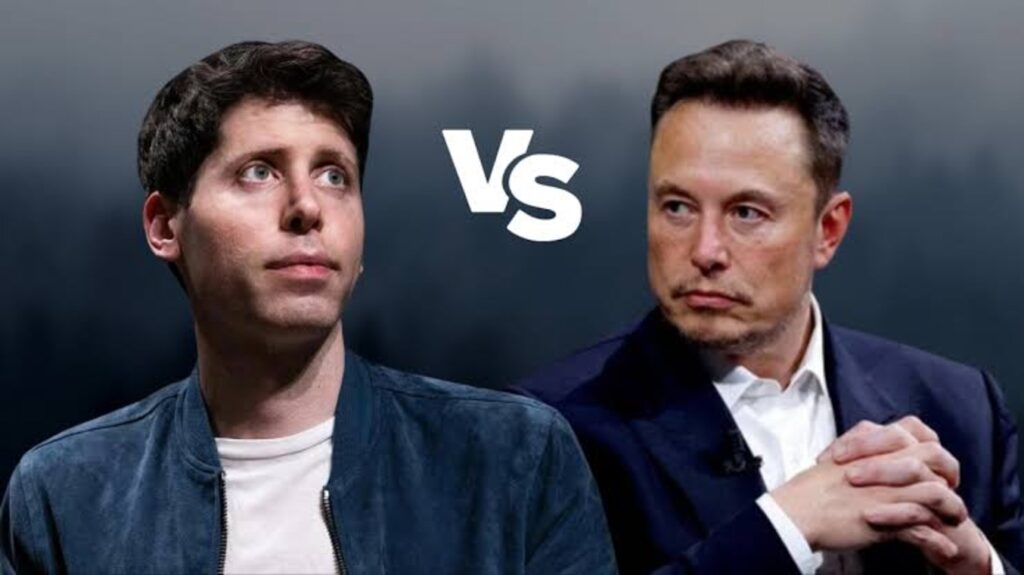
In response, OpenAI went public with a response in which it, in no uncertain terms, labeled Musk as a hypocrite. The statement probably wouldn’t have made the news if it ended there.
Bringing Out Old and Dirty Linens
OpenAI also made old emails from Musk public. Contrary to the billionaire’s recent stance about the usage rights of artificial intelligence tools, the emails suggest that he held different opinions during the early years of OpenAI.
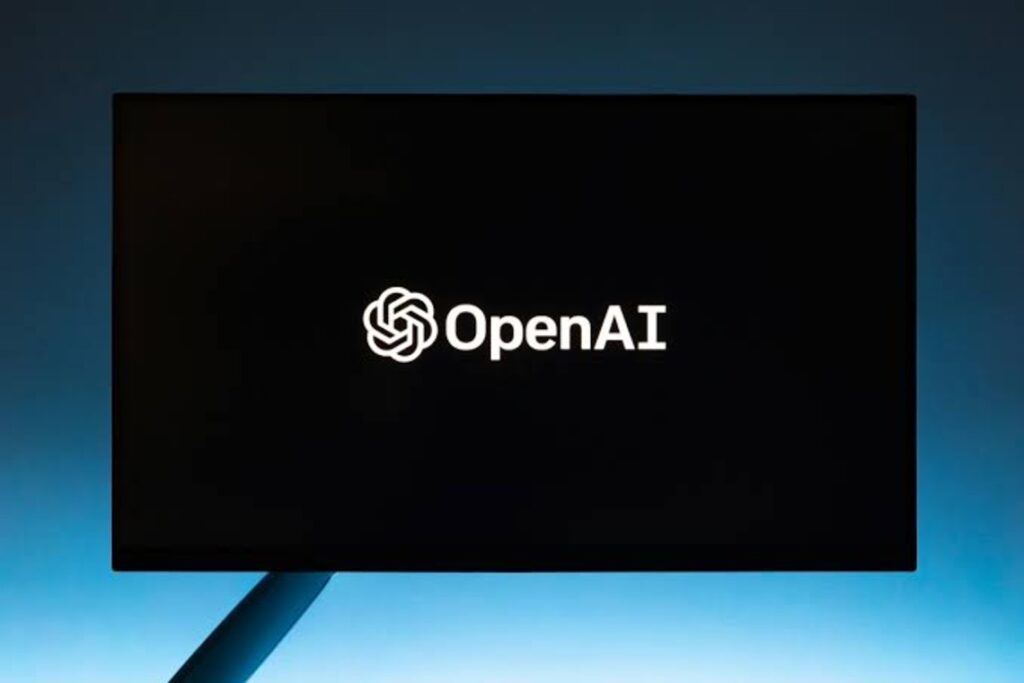
For example, the SpaceX and Tesla CEO once suggested, as shown in the old emails, that AI tools developed by OpenAI should eventually become proprietary rather than open source.
Now You Love Me, Now You Don’t
The old emails also revealed that Musk once encouraged OpenAI to raise at least $1 billion through venture capitalists funding.
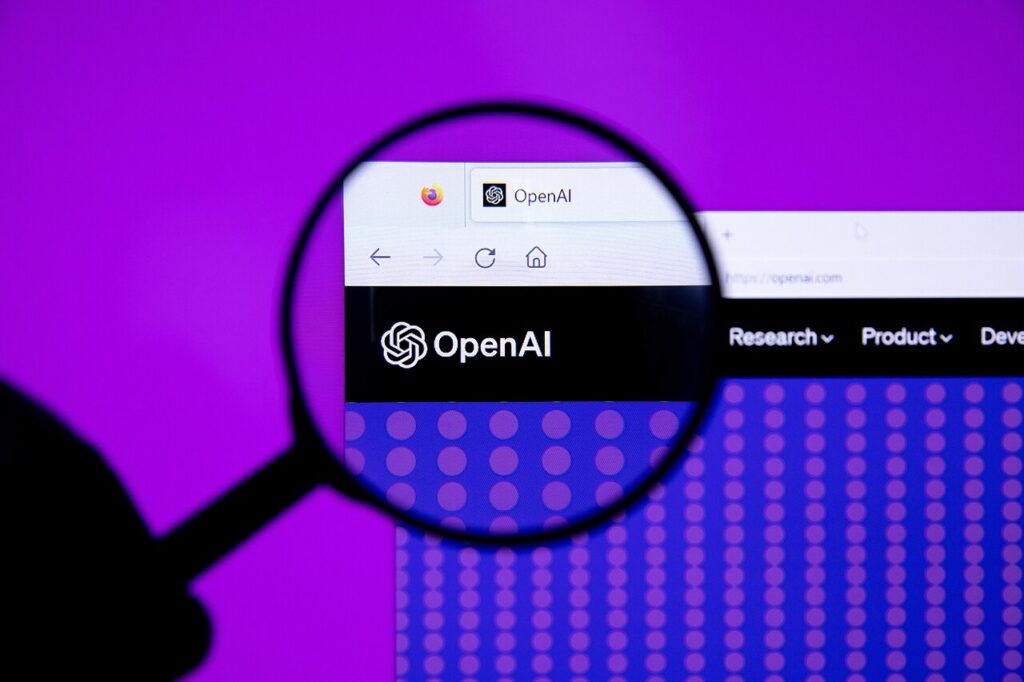
OpenAI selected those specific emails because they dealt with issues similar to those raised by Musk’s lawsuit. However, Musk’s stance on many of those issues has changed since he sent the emails.
Is OpenAI Closed Source?
Musk’s lawsuit has largely been raised against OpenAI, its president, Greg Brockman, and CEO Sam Altman. The suit claims the defendants are guilty of breaching the company’s founding contract and operating with an unfair edge over other competitors in the artificial intelligence race.
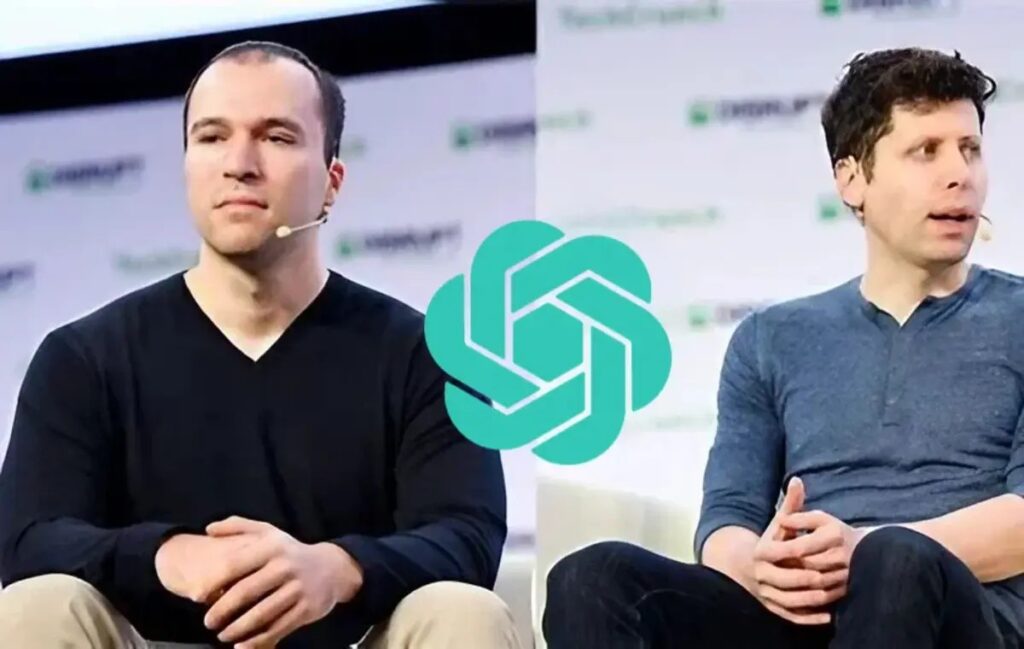
Likewise, the lawsuit claims that the functionality of the AI model behind OpenAI’s GPT-4 is secretive.
Top Secret Operations
Musk’s attorneys further explained that users’ data privacy and how the AI model scraps data from its sources is mostly shrouded in secrecy and known only to OpenAI and, to some extent, Microsoft.
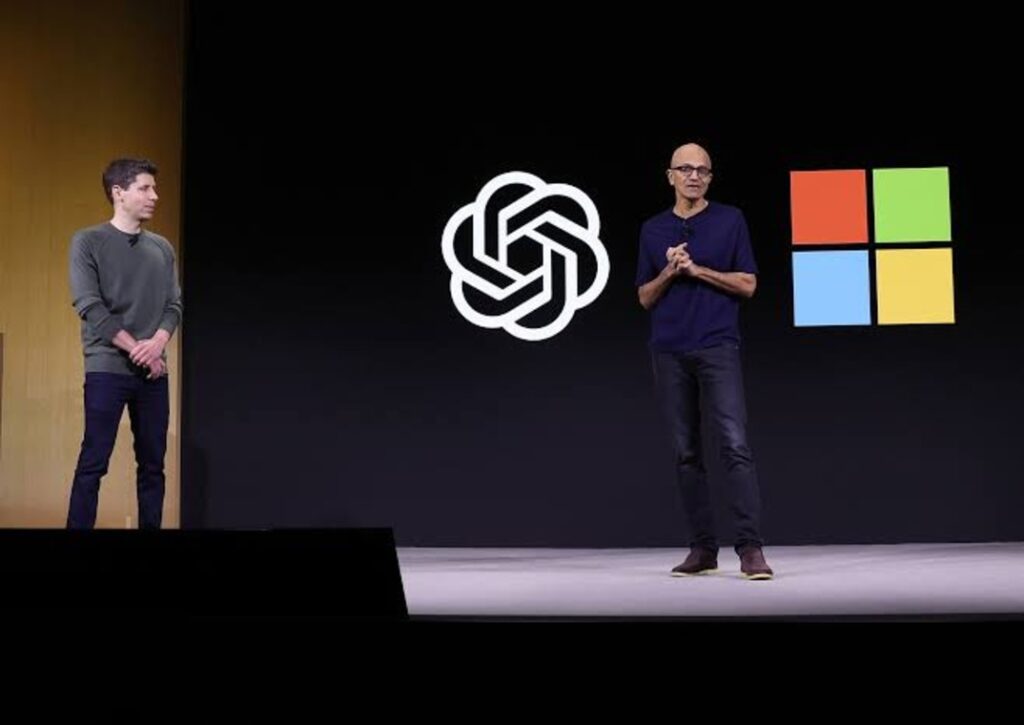
In addition, the lawsuit claims that the secrecy of GPT -4’s inner workings is not for reasons but solely for the sake of commercialization.
OpenAI Should Not Make Profits?
Like the claims in the lawsuit, Musk made a public statement in November that OpenAI has veered off course.
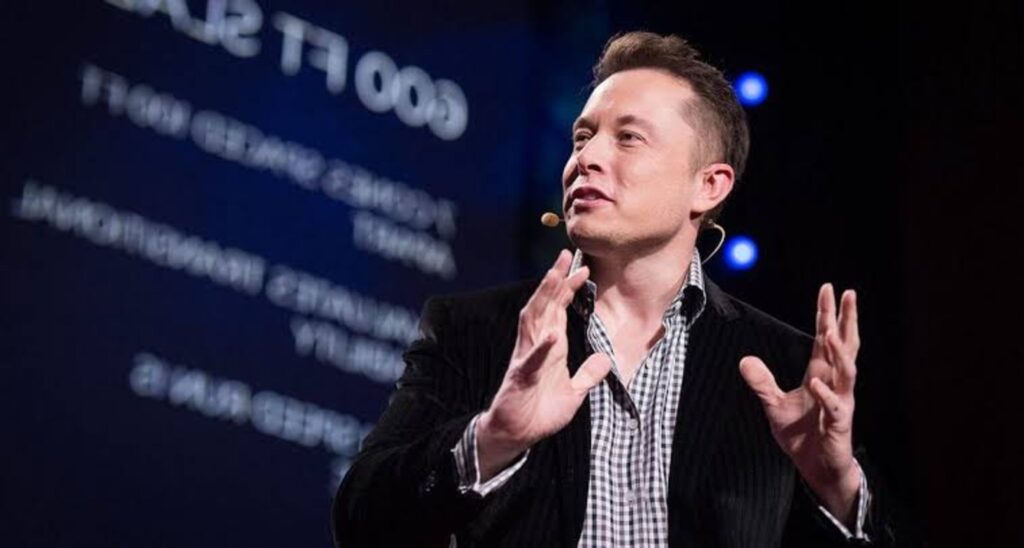
Musk made the statement at a DealBook conference organized by The New York Times. On stage at that conference, he said, “OpenAI should be renamed ‘super closed source for maximum profit AI’ because this is what it actually is.”
Throw Out the Lawsuit With the Trash
However, in response to Musk’s lawsuit claims, OpenAI said it will prove beyond doubt that all of Musk’s assertions in the lawsuit are ‘misgivings.’ The official statement reads, “We intend to dismiss all of Elon’s claims.”
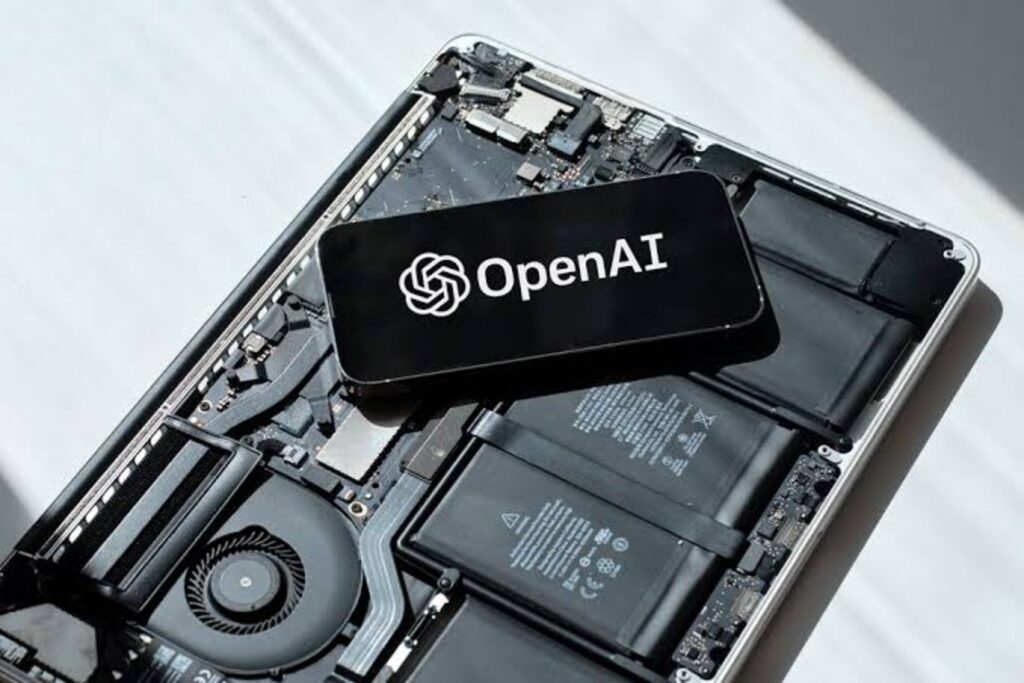
So, making Musk’s old emails available for all is OpenAI’s plot to seek public justice, even before the hearings commence.
Public Demarketing
During the DealBook conference, Musk also noted that OpenAI has transformed into a full-blown money-spinning entity, a far cry from the non-profit its founding charter intended it to be.
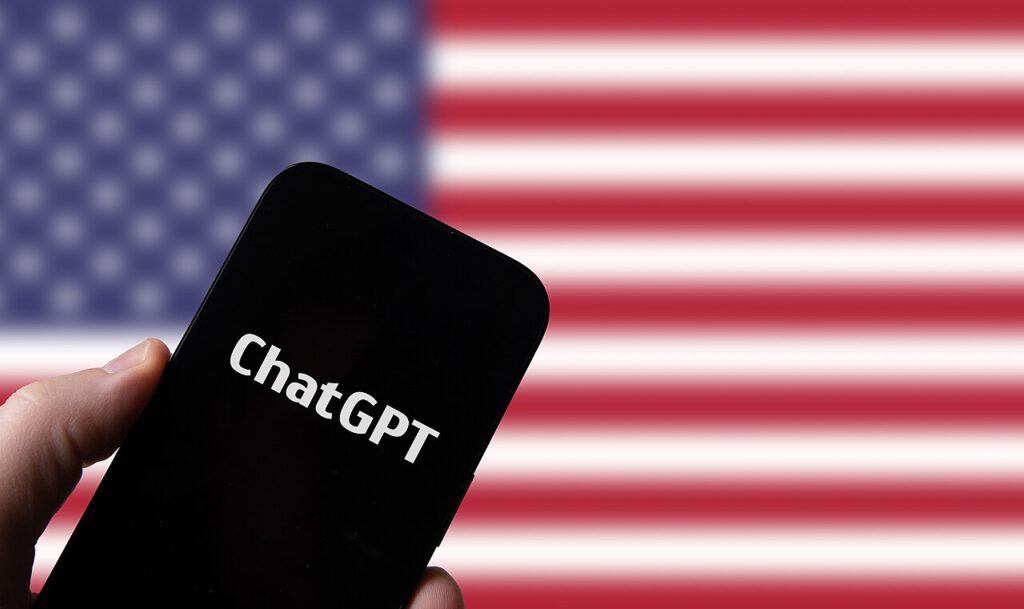
However, Musk’s 2018 emails, reproduced by OpenAI, suggest that the company would be worth much more than its current estimations if things had gone as the Tesla CEO wanted.
How Conflict of Interest Can Change Your Leanings
In one of Musk’s December 2018 emails, he encouraged other cofounders to permit OpenAI to go all out in its fundraising. He also suggested that OpenAI would have no chance at all to compete with other artificial intelligence programs like Google’s DeepMInd.
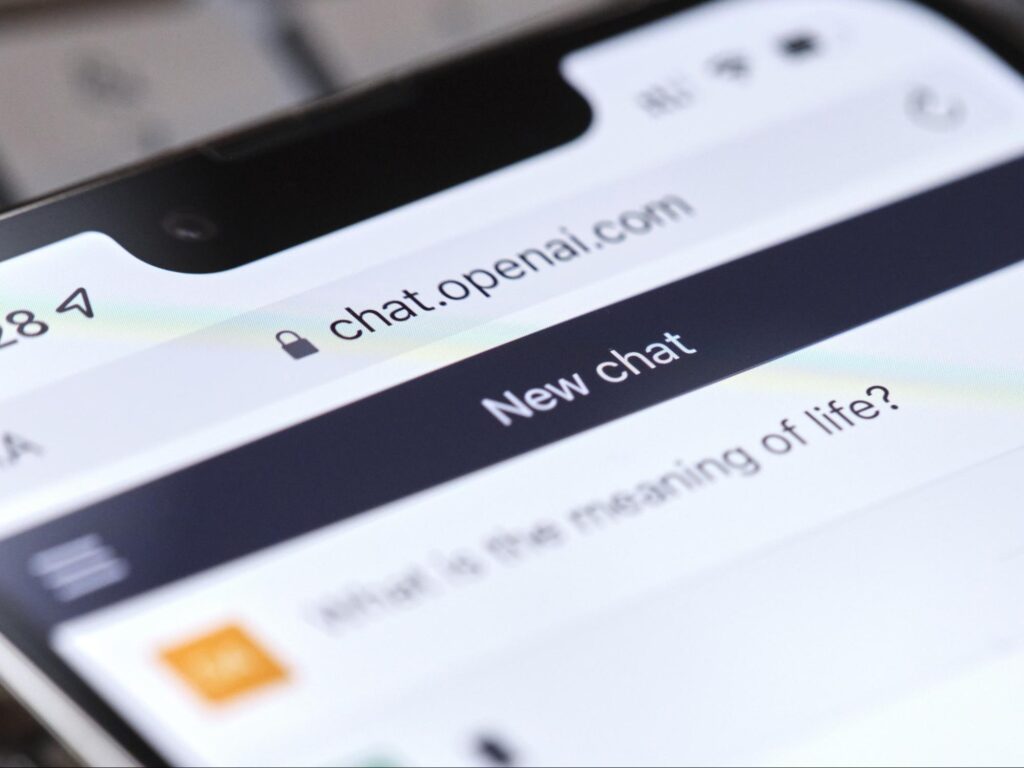
In Musk’s very words, the early OpenAI required a “dramatic change in execution and resources.”
The First Startup to Require Billion-Dollar Annual Funding
Musk went as far as harping to Altman, Brockman, and Ilya Sutskever, his fellow cofounders, via those reproduced emails that funding in the millions of dollars would not be enough for OpenAI to compete with the likes of DeepMind/Google.
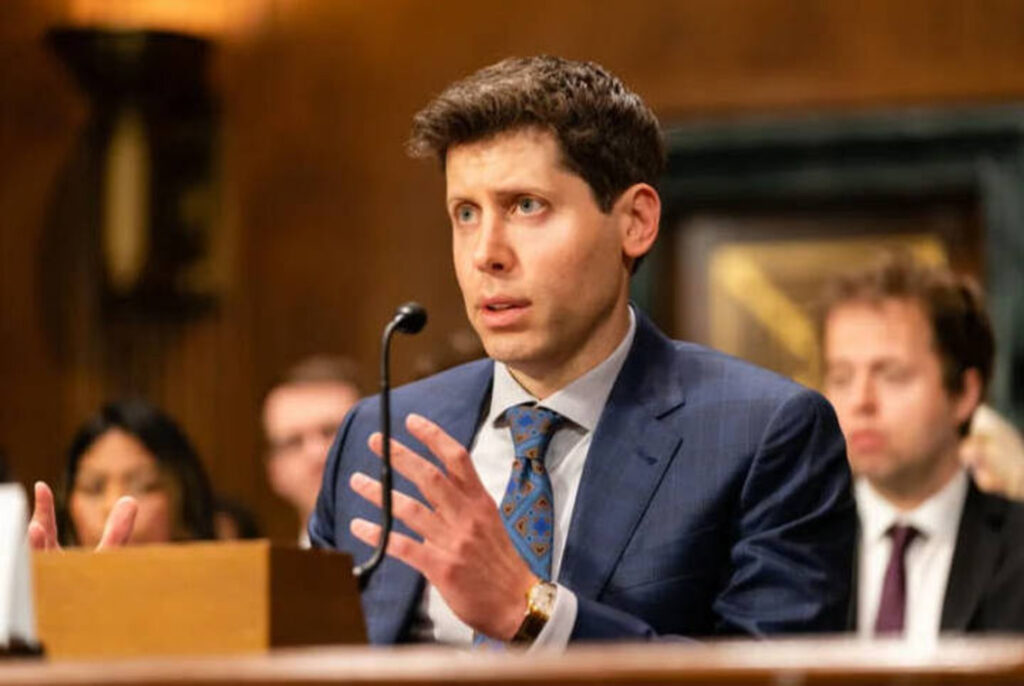
He also added that OpenAI would have to raise funds to the tune of billions annually to keep pace with the artificial intelligence race.
It’s Either All or Nothing
No one knows Musk’s intentions when he wrote those emails. However, there are suggestions that he was looking to buy out the majority stakes in the OpenAI startup.
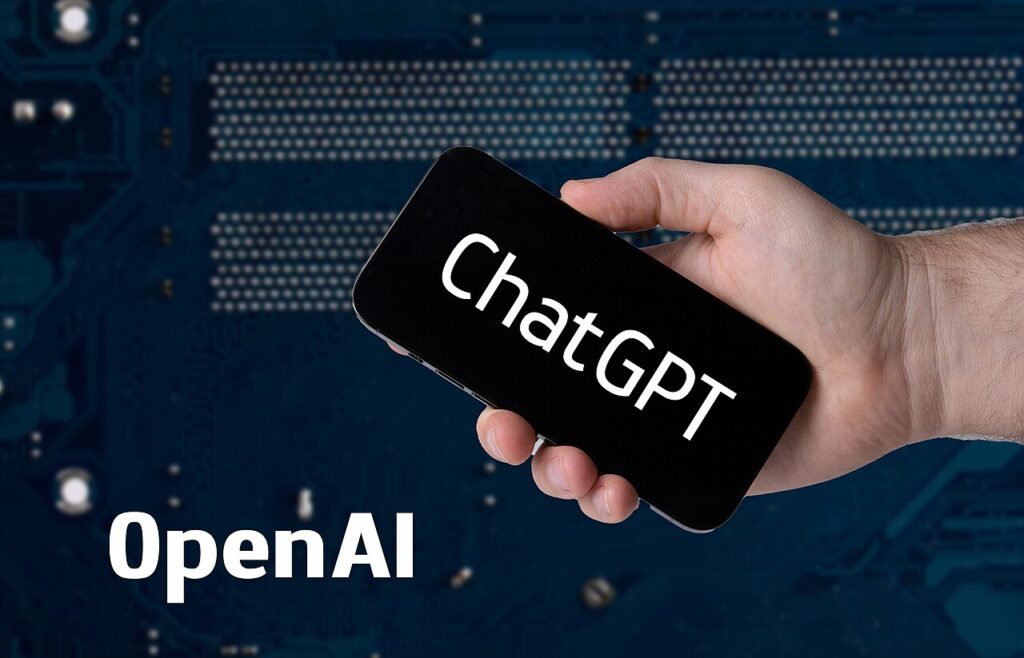
Indeed, OpenAI’s official response to Musk’s lawsuit made similar claims about his plans to take over the startup. Part of the statement says, “Elon wanted majority equity, initial board control, and to be CEO.”
Can I Please Become CEO?
OpenAI also revealed in a blog post that Musk attempted to take over the startup in 2017. That year, during an adjustment of OpenAI’s organizational structure, Musk actively tried, without success, to be made CEO.
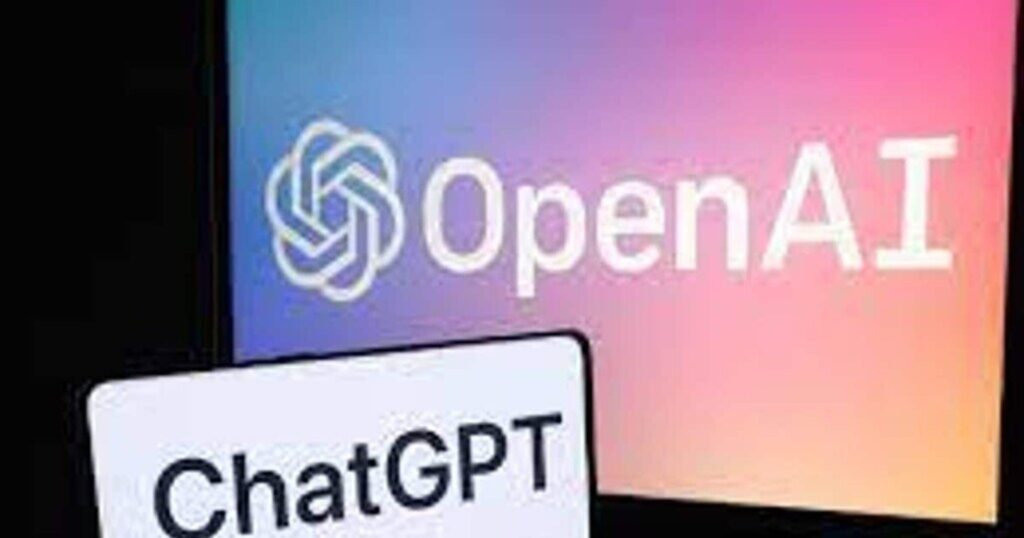
After eventually leaving OpenAI, the company claims that Musk has wooed talent from their employ by incorporating an artificial intelligence company of his own, xAI.
The Serial CEO With a Midas Touch
Musk already has a plethora of successful companies under his belt. He is the CEO of X Corp (formerly Twitter Inc.), Tesla, the automaker, SpaceX prospecting to conquer space, Neralink, and now, OpenAI rival, xAI.
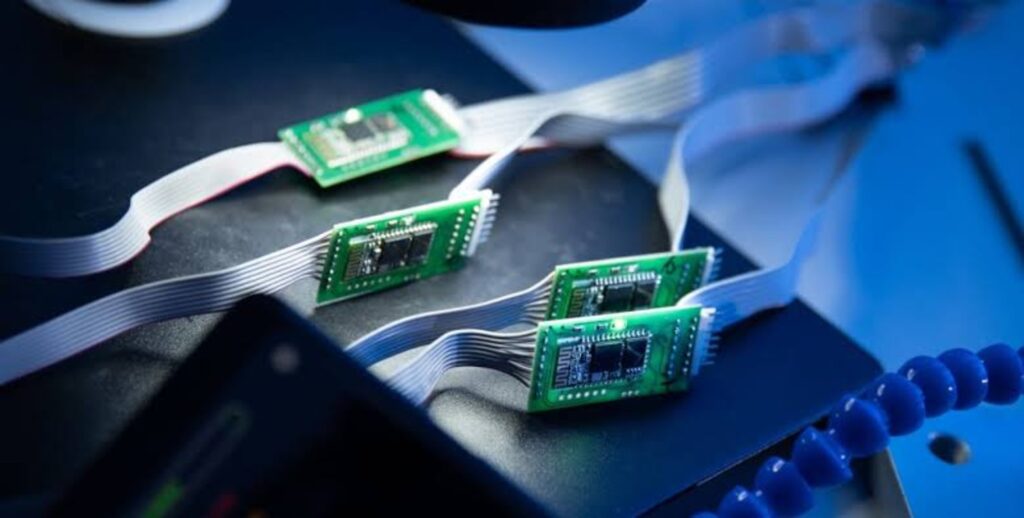
Not long ago, Musk publicly compared xAI’s first product, Grok, to ChatGPT, so much so that some speculators suggest the serial CEO is looking to crush OpenAI.
Buying Out Others Is Not Always Rosy
However, things may not have panned out well for Tesla, OpenAI’s proposed cash cow in 2017. Similar to the drop in Tesla’s share price when the news broke that Musk wanted to buy Twitter, funding OpenAI with Tesla resources could have sunk the automaker financially.
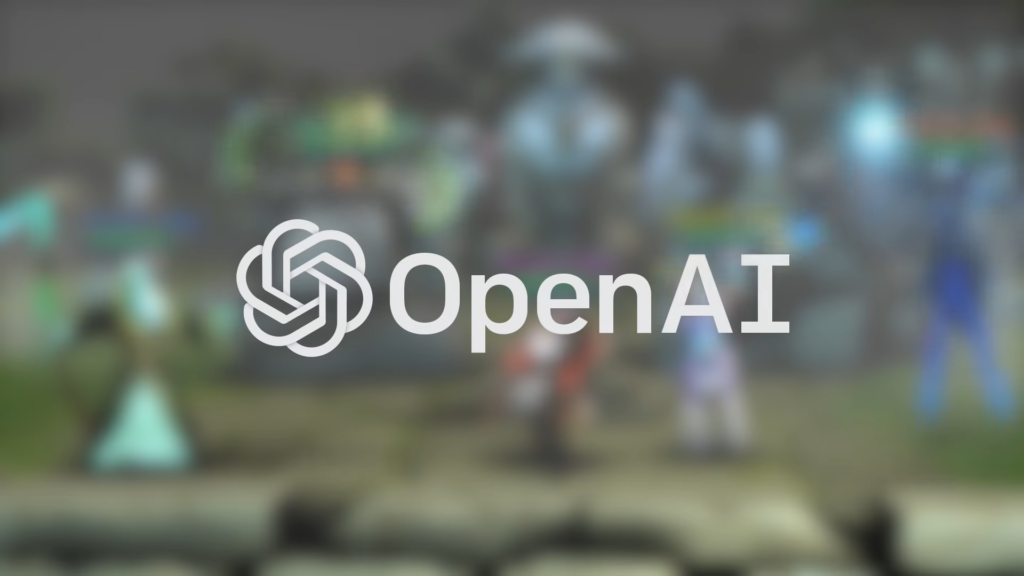
In the first quarter of 2018, Tesla posted a net loss of $2.24 billion for its 2017 balance.
